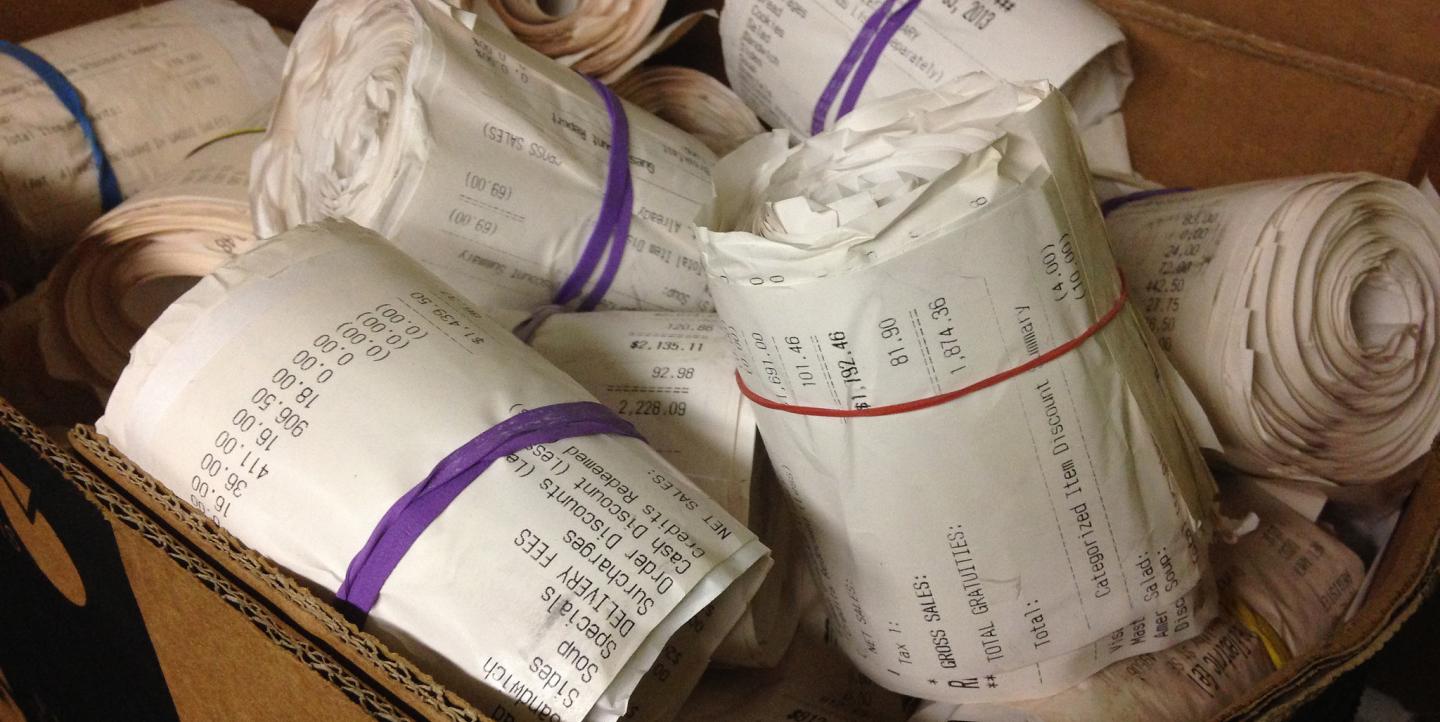The Panama Papers release blindsided me.
It shouldn’t have, because I spoke to Chris Roper on the eve of the release in a profile feature that runs on one of the radio programmes that I present in South Africa. Chris is a director of the African Network of Centres for Investigative Reporting, ANCIR, the team that had a big part in unpacking the Panama Papers.
But I had no clue what was in the offing, even though he mentioned the issue during our conversation.
How did it all happen? I was fortunate to be part of a Dow Jones webinar, hosted by the International Center for Journalists, which offered some insights into the people and the processes involved. It blew me away.
I discovered a set of ridiculously dedicated journalists scattered across the globe. And I have to say I think that dedicationis an absolute essential for unpacking such a mother lode of information in the biggest data dump ever.
I learned that if I am to become a half decent investigative journalist then I am going to have to develop a doggedness and a belief that what I am chasing will be rewarding. Even if it isn't.
It's a belief in finding the truth, even if there is nothing 'newsworthy' in it.
I learned about trusting beyond one’s own network, too.
Remarkably, through the relationships that they already had, the tentacles of this information-sharing network expanded around the world.
Perhaps even more remarkable was that nobody let the cat out of the bag ahead of publishing on the same day. During the months in sifting through the data the journalists working on the material were able to interact with each other, which was how connections between a corrupt official in one country could be linked to a company in another. Journalists had each others' backs.
Tracking down actual names and tracing the money is what the project was all about. While many of the people linked to the offshore money chain are notorious or famous in other ways, the Panama Papers revealed some of the ways in which they evaded tax, how they expatriated taxpayers’ money or money possibly obtained corruptly. It provided proof of what had been suspected for years and the smoking gun that many journalists and the public had been seeking.
I also discovered that there had been a number of discussions over what to name the maelstrom that was about to be unleashed. Naturally enough, being journalists I can only imagine at the editorial 'debate' involved.
One of the people in our discussion group made a valid comment that some stories, especially in our African sphere, could perhaps have been better crafted. But that may be based on a perspective that is informed by a free press environment and access to (almost) up-to-date newsgathering resources. Some of the journalists probing the data operated in much more demanding circumstances and were motivated simply by a desire to expose the corruption in their countries whatever it took. Some journalists were paid for their troubles, as they are freelancers who work for next-to-nothing anyway. They would have been unable to participate otherwise.
Participate they did — and while some investigations may have been a little light to begin with, they revealed the gleaming nuggets under which a treasure trove lay. As we know, Iceland’s Prime Minister resigned after his offshore investments were revealed and his British counterpart also had some tricky waters to navigate over a family trust. The value to open democracy that accrues from these revelations is not in question. And while some leaders have had to face the heat, there are others whose impunity has also been exposed. Journalists simply have to keep chipping away.
The one thing that seems clear to me is that a project like this would have been almost impossible before the world became instantly and (almost) completely connected. Imagine somebody having to fax this amount of material around the world? Or have a conference-call discussion across time zones? Or having one of those thousands of points of clarification that inevitably crop up hanging over you?
Welcome the power of collective investigations. We all have the tools required in our pockets or handbags. Connect, collaborate and trust.
Editor’s note: Stephen Kirker is a student at Wits University's school of journalism in Johannesburg. He tuned in to ICFJ's Dow Jones webinar as part of a class led by Jeff Kelly Lowenstein.
Watch the full webinar below:
Main image CC-licensed by Flickr via Steven Depolo.

